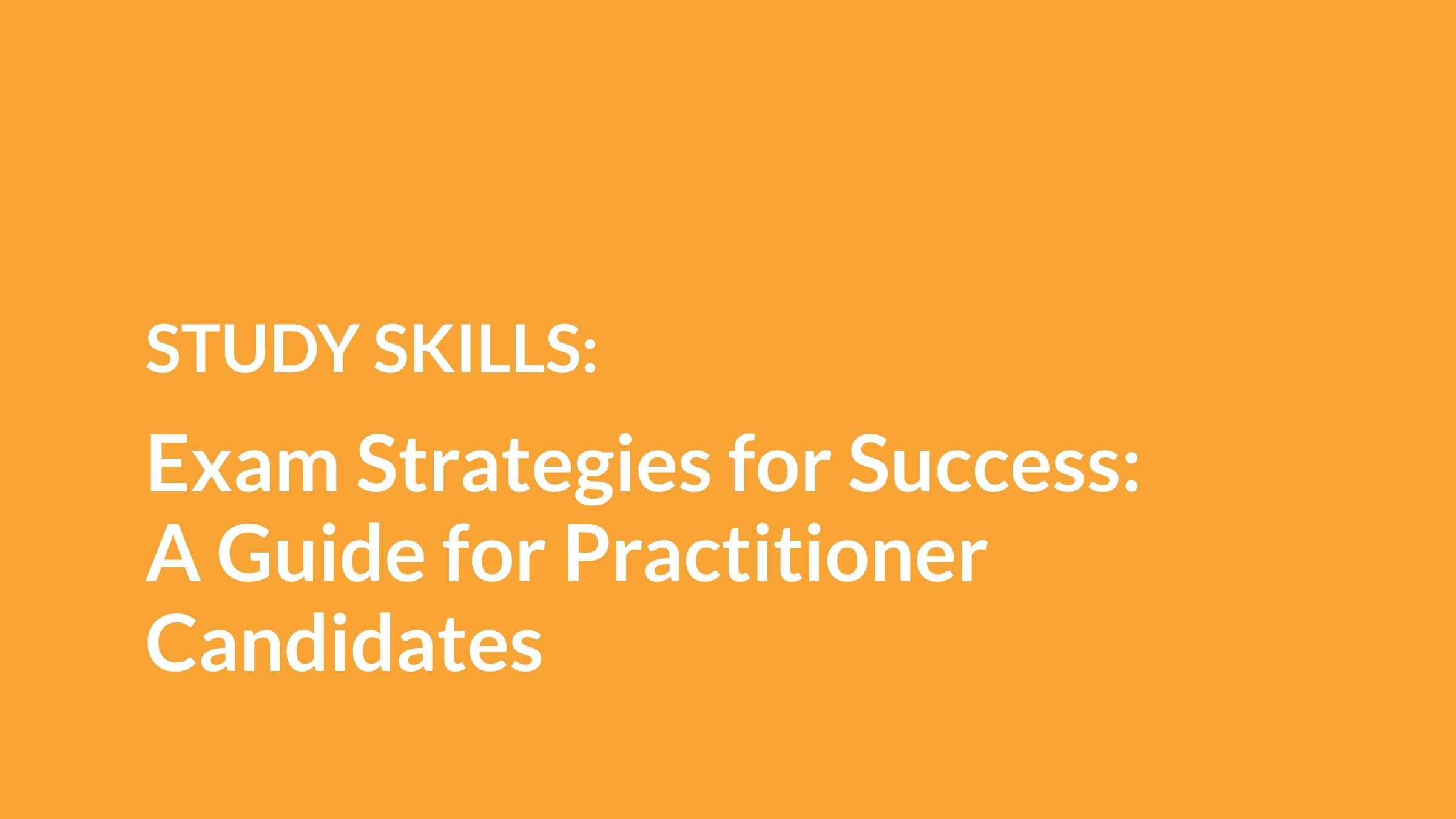Completing an exam is not only a course requirement if you’re studying Practitioner level CQI and IRCA Certified Quality Management courses, but it’s also an opportunity to demonstrate your applied knowledge.
The exams are designed to assess how well you can apply your knowledge of quality management principles to practical, real-world situations – so it’s not just about what you know, but how you use it. Knowing how to approach the exam strategically – managing your time, structuring your resources, and reading questions carefully – can make a big difference to your results.
This guide brings together top tips for CQI Practitioner candidates, helping you make the most of your 60-minute, open-book exam. Alongside exam-specific advice, you’ll also find guidance on effective study planning, managing stress, and preparing yourself mentally and physically for exam day.
Whether you’re balancing study with work or returning to learning after a break, these strategies are here to support your journey and help you succeed.
1: Plan and Organise
Good preparation is the foundation for exam success:
- Create a realistic study schedule. Break large topics into smaller chunks and set achievable targets.
- Track your progress. Check in regularly and adjust your plan as needed.
- Prioritise your revision. Focus first on areas that are heavily weighted or you find more challenging.
- Use the sample exam. Practice under timed conditions to build familiarity and confidence with the online exam platform
2: Look After Your Wellbeing
Taking care of your mind and body helps you stay sharp and resilient:
- Nurture both your mental and physical health – staying well-rested and relaxed can greatly improve your concentration and confidence.
- Sleep well. Aim for 7–8 hours of quality sleep per night in the lead-up to your exam.
- Practice mindfulness or relaxation techniques. Deep breathing, meditation or a short walk can ease anxiety and improve focus.
3: Manage the Exam Day
Set yourself up for a calm and focused start:
- Prepare the night before. Lay out materials, organise your notes, confirm your login or travel details, and give yourself time to unwind.
- Arrive in good time. Aim to arrive early so you have a moment to settle before starting.
- Use grounding techniques. If you feel overwhelmed, pause and take a few deep breaths.
- Stay in the moment. Don’t dwell on previous questions – focus on one at a time.
TOP TIPS FOR PRACTITIONER CANDIDATES
The Practitioner exams test your applied knowledge across five key areas: Governance, Assurance, Improvement, Context, and Leadership. Here’s how to make the most of your 60 minutes:
1: Be Strategic with Your Resources
- Structure your materials. It is an open book exam, so you’re able to access your notes and course content. Make sure they’re well-organised – use tabs, references or colour codes to find key points fast.
2: Manage Your Time Wisely
- Know the format. You’ll answer 30 questions in 60 minutes – roughly 2 minutes per question.
- Don’t focus on one specific question. If a question is tricky, move on and come back later.
- Plan time to review your answers. Aim to finish early so you can revisit flagged questions.
3: Read Questions Carefully
- Don’t rush. Read each question thoroughly to understand what’s being asked and avoid jumping to conclusions.
- Pay attention to context. Consider the scenario provided in the question, as well as the knowledge you have developed throughout the course
- Match your effort to the marks. Don’t overwork a low-mark question or underdeliver on a higher-weighted one.
4: Choose the Right Number of Answers
- Check the scoring criteria. Some questions will ask for one, two or three answers – stick to the exact number indicated in the brackets.
- Be precise. Partial marks may be awarded for correct selections, but no marks will be given if you select more than required.
UNDERSTANDING EXAM WEIGHTING
The Practitioner exams cover five competency areas, with different weightings:
- Governance: 12 marks
- Assurance: 12 marks
- Improvement: 12 marks
- Context: 6–8 marks
- Leadership: 16–18 marks.
You may wish to allocate your time and focus accordingly – but remember, every mark counts. Don’t neglect smaller sections and always allow time for a final review.
FINAL THOUGHTS
The Practitioner exams in Quality Management are designed to assess how well you can apply your knowledge in real-world scenarios – not just what you can remember. With a structured approach, a calm mindset, and a clear understanding of what’s expected, you’re well positioned to succeed. Good luck!



